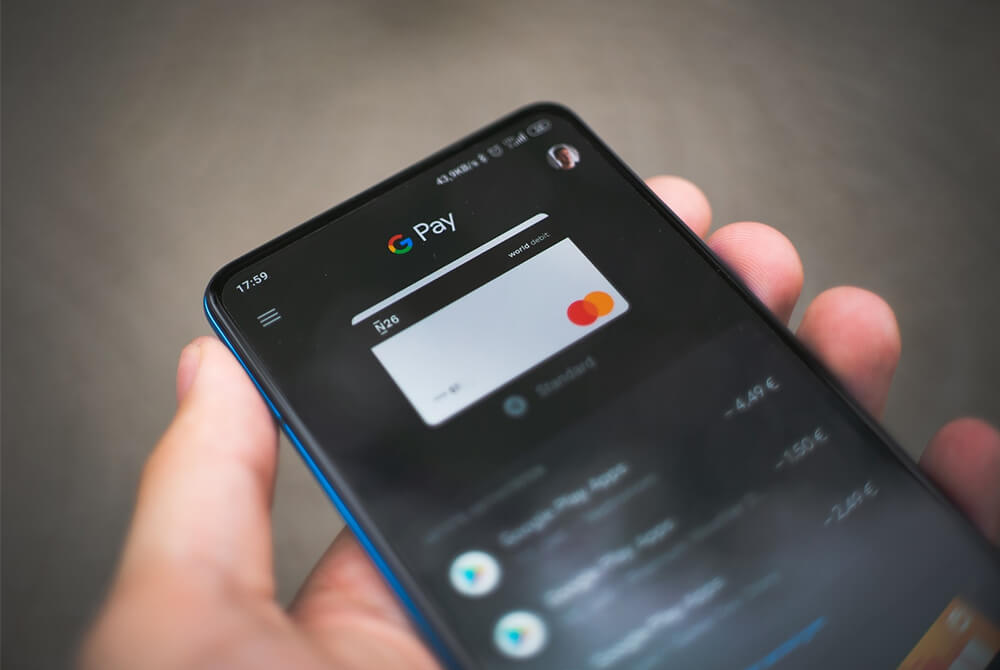
What Is Credit Card Processing?
Credit card processing refers to the system by which credit card payments are made. Many of the same processes are used whether someone is paying with a credit card or a debit card that draws on their bank account. This is because banking cards are typically Visa or MasterCard and operate via the same merchant channels.
How Does Credit Card Processing Work?
You’ve probably used a credit or debit card before, and it seems like a seamless transaction that takes seconds at the register. But the process is actually fairly complex and involves a number of actors.
Entities involved in the credit/debit card payment process include:
- The cardholder, which is the person who owns the account the card is tied to
- The merchant, which is the organization taking the payment
- The payment processor, which is the business the merchant works with to process payments
- The card network, which is typically Visa, MasterCard, Discover or American Express
- The bank, which is the financial institution that provides the cardholder’s account
Note: The merchant doesn’t have to be an actual merchant in the traditional sense of that word. Anyone taking credit card payments is a merchant in this scenario, and that includes churches.
When someone pays with a credit or debit card, an entire process begins:
- The merchant takes the card information. This might be done with a point-of-sale machine where the card is swiped. The cardholder might also enter the card number and other information into a form in an app or website.
- The merchant sends the request for payment. That includes the amount the cardholder authorized. The request is sent to the payment processor. Typically, this step is done automatically with whatever card processing technology the merchant uses.
- The payment processor sends the request to the card network.
- The card network sends it to the bank.
- The bank processes the request. If there’s enough in the account or left on the credit limit, the request is typically approved. If not, it may be denied.
- The communication occurs in reverse. The bank sends the denial or approval to the card network. The network sends it to the payment processor. The payment processor sends it to the merchant. The merchant then lets the cardholder know the status of the payment.
And all of that happens within seconds!
IMAGE: https://unsplash.com/photos/tgquMvhNLc4
When you know how to take credit cards, you can set up a giving kiosk in your church. Discover some reasons for doing so.
A Church’s Role in Credit Card Processing
Churches that take credit or debit cards for tithes or other donations act as the merchant in the credit card processing system. To do so, you need a merchant account and terminals to take payments.
Alternatively, you can use a Payment Service Provider. PSPs let you take payments without setting up a separate merchant account. If you use online payment solutions, such as PayPal, you’re using a PSP. Donor software may include PSP options as well.
In either case, you typically pay a fee for debit or credit card transactions.
IMAGE: https://unsplash.com/photos/na8l3EPqpvY
Why Should Churches Take Credit and Debit Card Payments?
As you can see, accepting credit or debit card payments can be a complex endeavor. You may also have to consider whether fees or other costs might reduce how much you get in donations. With all that in mind, why should churches bother?
The answer is that most people pay for items with cards today. Only around a fourth of people carry cash regularly, and when people do carry cash, it’s in minimal quantities. The average is around $46. And those numbers go down substantially for younger generations, who are less likely to carry cash.
For churches, that means donor engagement based on traditional cash models makes it harder to reach goals. Digital methods that let people pay in a variety of ways, including credit cards, help ensure everyone can give as the Spirit leads them — whether there’s green in their wallet at the moment or not.
Why DonorWerx?
DonorWerx partners with digital giving software providers to make it easy for you to set up digital giving. Our comprehensive platform starts with education and communication to help you engage and develop donors and ends with a comprehensive selection of solutions for flexible giving.
EMAIL TEASER: Only around 25 percent of people carry cash regularly, which can make it hard to develop donors using traditional cash-based models. Churches must learn about credit card processing and what role they play in that system so they can accept digital and other payments from supporters.


